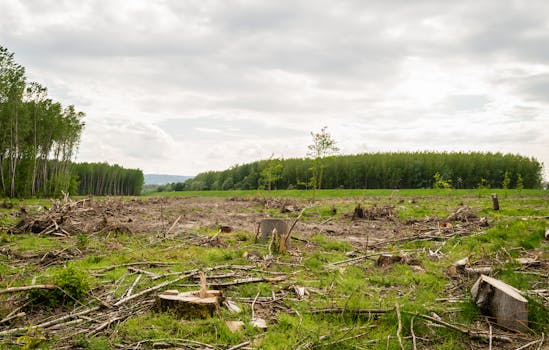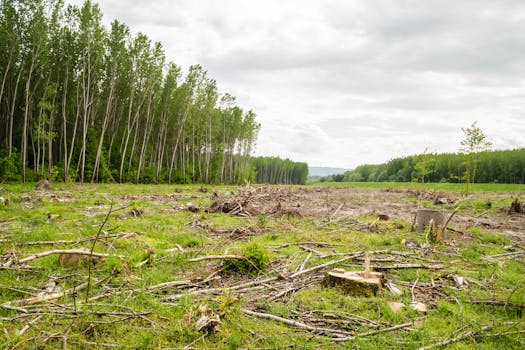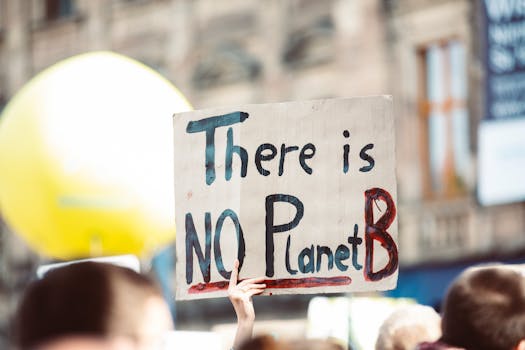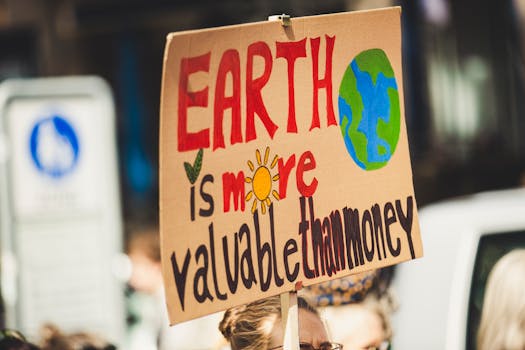
Understanding Climate Change Impacts

Climate change is one of the most pressing issues of our time, affecting ecosystems, human health, and economies worldwide. It is primarily driven by the increase of greenhouse gases in the atmosphere, leading to global warming. The impacts are evident through rising sea levels, more frequent extreme weather events, and biodiversity loss.
Effects on Ecosystems

One of the most visible impacts of climate change is the alteration of ecosystems. As temperatures rise, many species struggle to adapt or find suitable habitats. Coral reefs, for instance, are severely impacted by ocean warming and acidification, leading to widespread bleaching and mortality of these vital marine ecosystems. Forests are also affected, with increased pests and diseases threatening their survival.
Human Health Risks

Climate change poses significant health risks. The increase in heatwaves exacerbates respiratory and cardiovascular conditions. Moreover, the spread of vector-borne diseases such as malaria and dengue fever is likely to rise as warmer climates expand the habitats of mosquitoes. Vulnerable populations, including the elderly and low-income communities, are at greater risk.
Economic Consequences

The economic impacts of climate change are profound. Agriculture is facing challenges such as reduced crop yields and increased pest pressures, which can lead to food insecurity. Infrastructure is also at risk, with flooding and severe weather leading to costly damage. It is estimated that climate change could cost the global economy trillions of dollars if not addressed.
The Role of Environmental News Coverage

Environmental news coverage plays a crucial role in raising awareness about climate change. It informs the public about the latest scientific findings, policy developments, and grassroots movements aimed at combating climate change. However, media coverage can often be fragmented and sensationalized, leading to public confusion. It is essential for journalists to provide accurate, balanced reporting to foster a well-informed public.
Challenges in Reporting

One of the main challenges in reporting on climate change is the complexity of the science involved. Journalists must navigate technical jargon and present it in an accessible way for their audience. Additionally, the politicization of climate change can hinder objective reporting, as media outlets may face pressure from various interest groups.
Emerging Trends in Environmental Journalism

New trends are emerging in environmental journalism, such as data-driven reporting and collaborative investigations. Journalists are increasingly using data to highlight the impacts of climate change and track policy responses. Collaboration between media organizations can also amplify coverage and bring more attention to pressing environmental issues.
Conclusion

Climate change is an urgent challenge that requires immediate action from individuals, governments, and organizations. Enhanced environmental news coverage can help mobilize public support for climate action and inform policy decisions. As we continue to face the impacts of climate change, the role of accurate and responsible journalism will be more important than ever.




